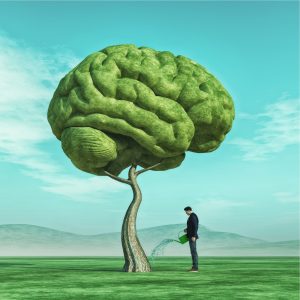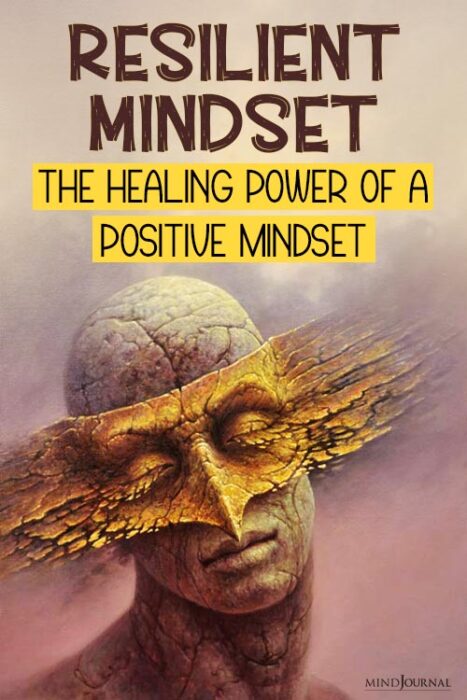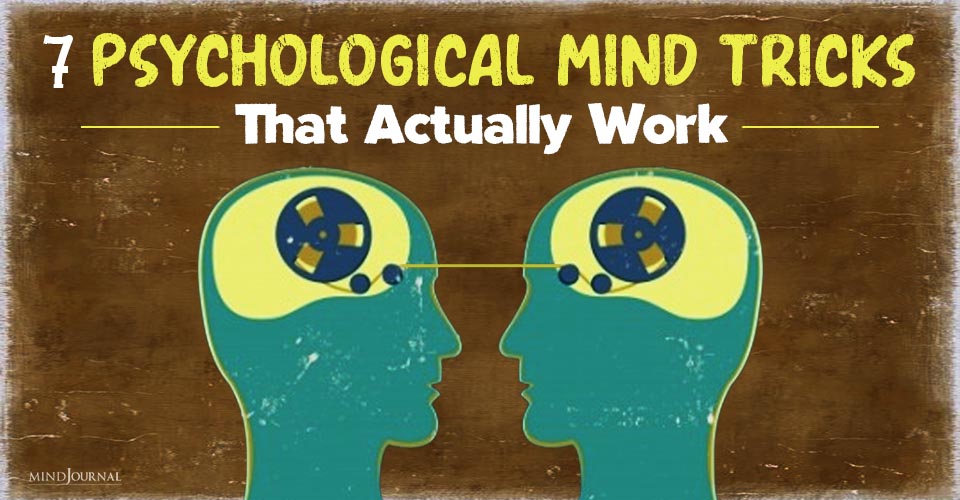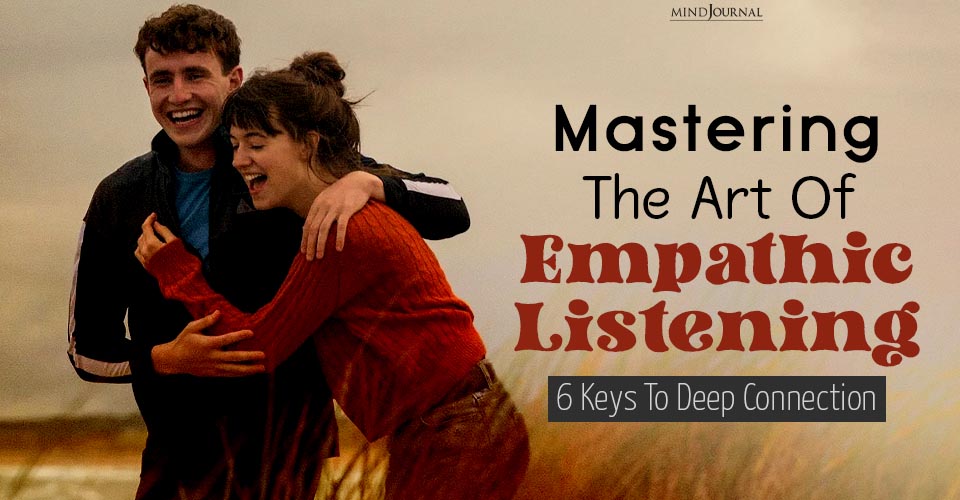A resilient mindset is an asset or a safety net in the process of healing. It changes obstacles to stepping stones, enabling you to recover stronger than ever. But let’s learn more from Dr. Howard why it’s important to balance optimism, hope, and realism.
Can we influence our body’s ability to heal through cellular communication?
Key points
- It’s important to strike the right balance of optimism, hope, belief, and realism.
- A hopeful, resilient mindset could promote positive changes at the cellular level and boost healing.
- There are cases of people who have been given a fatal prognosis and changed their outcome using mindset.

Read more here: ‘The Rebecca Effect’ In Ted Lasso: Is It Women’s Empowerment?
I have a radio show that airs on UKHealth Radio called The Miracle Within You. The show was inspired by connections to numerous people, most of whom had been given a fatal prognosis for their illness (including cancer), and all had not only survived but thrived. They had different conditions, but they all had one thing in common: a very resilient mindset.
At the same time, I encountered Dr. Jon Lieff and his incredible book, The Secret Language of Cells, which details the amazing complexity of the brain-body connection.
Currently, I have interviewed 34 people for the show who either have relevant scientific knowledge, have experienced amazing feats of healing, or both.
Role Of Mindset: The Balance Between Reality and Hope
Clearly, one has to strike the right balance of optimism, hope, belief, and realism. But as Dr. David Katz, a leader in the field of lifestyle medicine, so eloquently stated on my show, you can’t make false promises, but you can affirm that while there’s life, there’s hope.
One of the first guests on my show was Barbara Morello-O’Donnell. In 2009, Barbara caught the H1N1 virus and was in terrible shape. In addition to severe kidney problems, she had a failing heart and was in desperate need of a heart transplant. She was hospitalized and put in a coma, and while the doctors were keeping her alive, her family was making funeral appointments.
An Unexplained Healing Focus
When she awoke from the coma after two weeks, she recalled several “dreams” she experienced. Barbara thought they were related to what was actually happening to her. For example, while they were performing cardioversion on her, she dreamed she was driving down a road desperately looking for electricity.
However, when I heard about these dreams, there seemed to be more to them than just a reflection of her current experience. They seemed also to be a reflection of her life and had some spiritual overtones as if she was resolving some serious issues. In one of these dreams, she was told by an angelic figure that she would see through different eyes and her heart would be healed.
Immediately after that, she awoke from the coma; her cardiologist ordered more cardiac imaging. When it was complete, he came to see her.
“I can’t explain it,” he said. “In forty years as a cardiologist, I have never seen anything like this.” He paused. “Your heart is like one of a twenty-year-old! It is healed. It is a heart that we would transplant. I have no explanation.”
Barbara did see through different eyes. She had a ministroke that affected her eyesight but her kidneys were soon healed, too. I was honored to help her write her story, In God’s Waiting Room.
How could this happen? Is it possible that whatever happened in her coma energized and changed her cellular communication so that it helped her heal?
Resilient Mindset: The Healing Focus
The role of a resilient mindset was also emphasized by another guest of mine. Jeff Frankart was a physical therapist for the U.S. armed forces based in Landstuhl during the Iraq and Afghan wars.
The department was getting many soldiers from the front lines with severe neuromuscular injuries and was concerned that the conventional treatment only led to an honorable discharge, a return to depression, isolation, and opiates, and down the rabbit hole to suicide.
Major Frankart was tasked with devising new ways of treating neuromuscular injuries. He designed a series of exercises that required no equipment and, most of all, developed a resilient mindset. No complaining was allowed.
Frankart’s reasonable assumption was that a conservative approach of no movement and emphasis on medical pain relief actually made matters worse. Frankart got his patients to recognize there was pain but not to focus on it.
The stories of recovery using Frankart’s methods are truly remarkable. Soldiers with severely injured spines are back running again and, in some cases, jumping out of airplanes into combat! People who had been in wheelchairs for years were able to start walking again. Jeff’s program has been adopted by many organizations, including the Boston Ballet.
Do No Harm?
While these stories and many others like them may not be the norm, what do they tell us about a typical medical approach? Does the commitment to do no harm prevent the medical profession from sometimes doing good?
Do you need a doctor who works strictly by the book, seeking external solutions, or do you need one who might be willing to be a little more optimistic when appropriate and encourage a resilient and hopeful mindset?
If a doctor tells someone that they are going to die in the next three months and the person believes it, chances are high that’s exactly what will happen. Studies on learned helplessness by Martin Seligman and others more than two decades ago show what happens if animals aren’t shown survival strategies and given hope. They die.
I also know of stories of people who were given fatal prognoses, became very resilient, and survived longer than predicted, often enjoying an extra couple of years with a different mindset before finally succumbing to their condition.
Focus on What’s Possible: To Heal The Body
In many, if not most, situations, a resilient mindset will at least increase the chances that a person will engage in healthier activities and be proactive in prolonging life. This doesn’t just apply to life-threatening conditions.
Twenty years ago, I had terrible problems with my back. I could barely sit or stand. When there were no clients in my office, I would actually lie on the floor. For several months, I was on numerous medications, including painkillers.
As a regular jogger, my inability to move was seriously frustrating me. One day, I decided to get up and go for a walk. It was painful but didn’t make things any worse. The next day, I walked again, this time a little longer. Within 30 days, the pain had completely gone, and the problem was resolved.
Not only does a hopeful, resilient mindset encourage you to engage in helpful activities, but I also believe that changes at an intercellular level allow for positive communication to occur that can actually help heal the body.
Jon Lieff has shown that such communication is now more complex than we could have possibly imagined and involves not just synaptic communication but communication wirelessly and at a quantum level.
What can happen if we energize this system with hope and belief?
Read more here: 4 Ways To Strengthen A Resilient Mindset Amidst Adversity
References
Maier, S. F., & Seligman, M. E. (1976). Learned helplessness: Theory and evidence. Journal of Experimental Psychology: General, 105(1), 3–46. https://doi.org/10.1037/0096-3445.105.1.3
Jon Lieff (2020). The Secret Language of Cells: What Biological Conversations Tell Us About the Brain-Body Connection, the Future of Medicine, and Life Itself. Benbella Books
Share your thoughts about the role of mindset in healing below in the comments!
Discover more resources, books, and courses at The Miracle Within You—your gateway to personal growth and transformation!
Written by: Howard J. Rankin Ph.D.
Originally appeared on: Psychology Today














Leave a Reply
You must be logged in to post a comment.